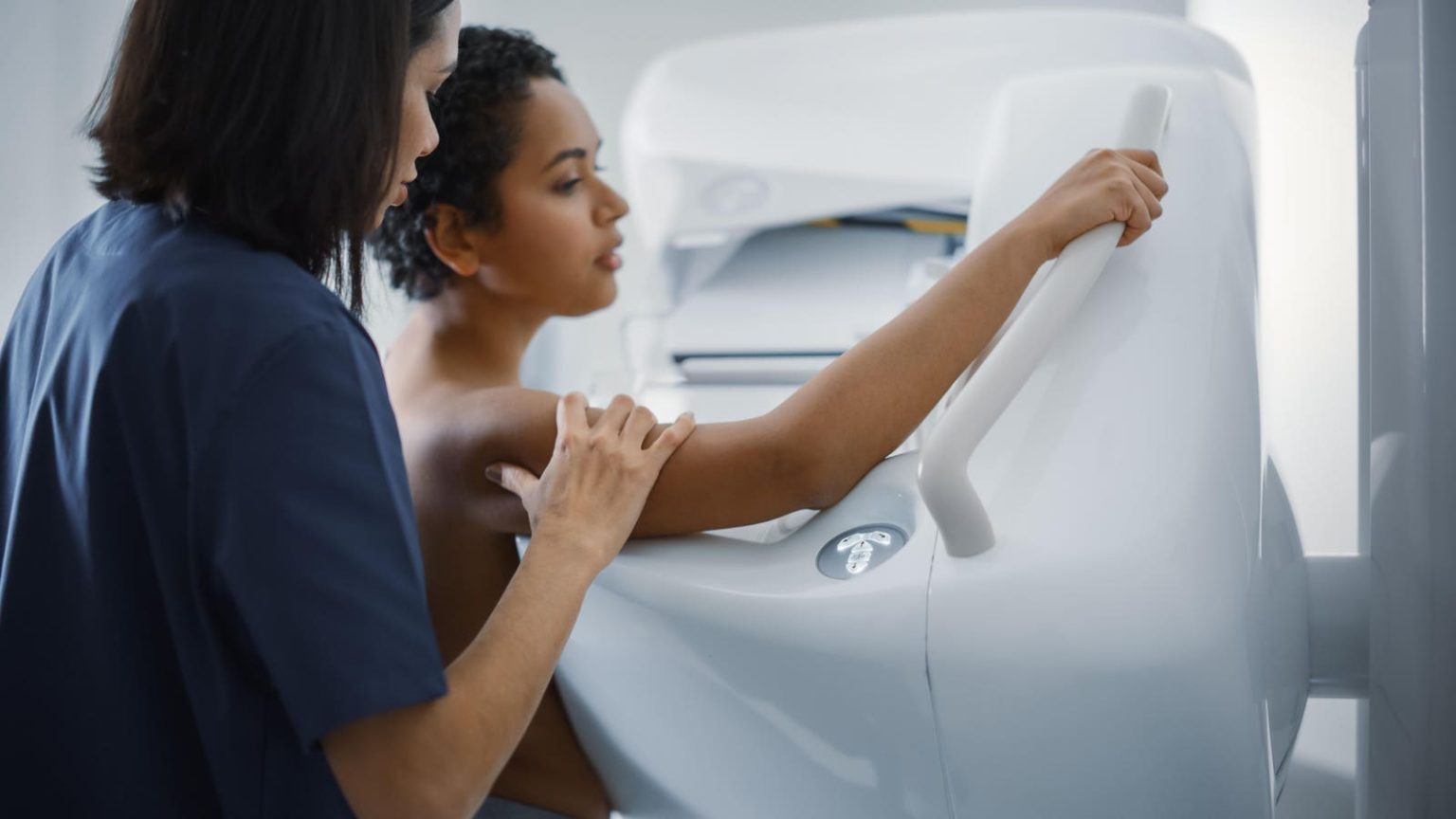Thousands of breast cancer cases could be prevented in England following the approval of a “repurposed” off-patent drug, officials say.
Anastrozole has been used to treat for breast cancer for years. But it can also reduce the incidence of the disease by nearly 50% in some women, according to clinical trials.
Roughly 240,000 post-menopausal women at moderate or high risk of breast cancer will be eligible the drug now it has been licensed for prevention by the country’s regulator, the Medicines and Healthcare Regulatory Agency.
If just 25% of these women choose to take it, some 2,000 breast cancer cases could be prevented, according to a statement released by public health system the National Health Service. This could save the public purse around £15 million in treatment costs.
Anastrozole is a relatively cheap, off-patent drug that works by blocking an enzyme known as “aromatase,” inhibiting the body’s production of the hormone estrogen.
It can cause side effects like hot flashes, headaches, depression, nausea, joint pain, arthritis and osteoperosis. It is only suitable for use in post-menopausal women.
Nonetheless, it seems to be more effective and cause less severe side effects than another drug used for prevention, tamoxifen, the BBC reports.
In the U.K., it is off-patent and available for just a few cents per dose. Sold under the brand name Arimidex, it is not currently approved for breast cancer prevention in the U.S.
The drug’s potential as a preventative option has been known for years, with England’s medicines cost-effectiveness body recommending it for this use way back in 2017.
But without formal authorisation, it hasn’t yet been used widely to prevent breast cancer.
NHS chief executive Amanda Pritchard said it was “fantastic that this vital risk-reducing option could now help thousands of women and their families avoid the distress of a breast cancer diagnosis.
“Allowing more women to live healthier lives, free of breast cancer is truly remarkable.”
Officials hope many more drugs will find alternative uses under a “Medicines Repurposing Programme” that Pritchard says will help the country “realise the full potential of existing medicines.”
During the pandemic, drugs like steroid dexamethasone and arthritis drug tocilizumab were repurposed for Covid-19.
The country’s health minister Will Quince said in a statement: “Breast cancer is the most common cancer in the UK so I’m delighted that another effective drug to help to prevent this cruel disease has now been approved.
“This is a great example of NHS England’s innovative Medicines Repurposing Programme supporting the development of new ways for NHS patients to benefit from existing treatments.”
Breast cancer campaigners also welcomed the news, with Breast Cancer Now chief executive Baroness Delyth Morgan saying: “The extension of anastrozole’s licence to cover it being used as a risk-reducing treatment is a major step forward that will enable more eligible women with a significant family history of breast cancer, to reduce their chance of developing the disease.”
She said her charity had been “tirelessly campaigning” to get drugs “found to be effective and safe in new uses” to those who can benefit.
“Anastrozole was the first drug to be supported by the programme and this paves the way for improving access to risk-reducing drugs,” she added. “We look forward to continuing our work with NHS England to further improve access to these drugs for everyone eligible.”
Read the full article here





